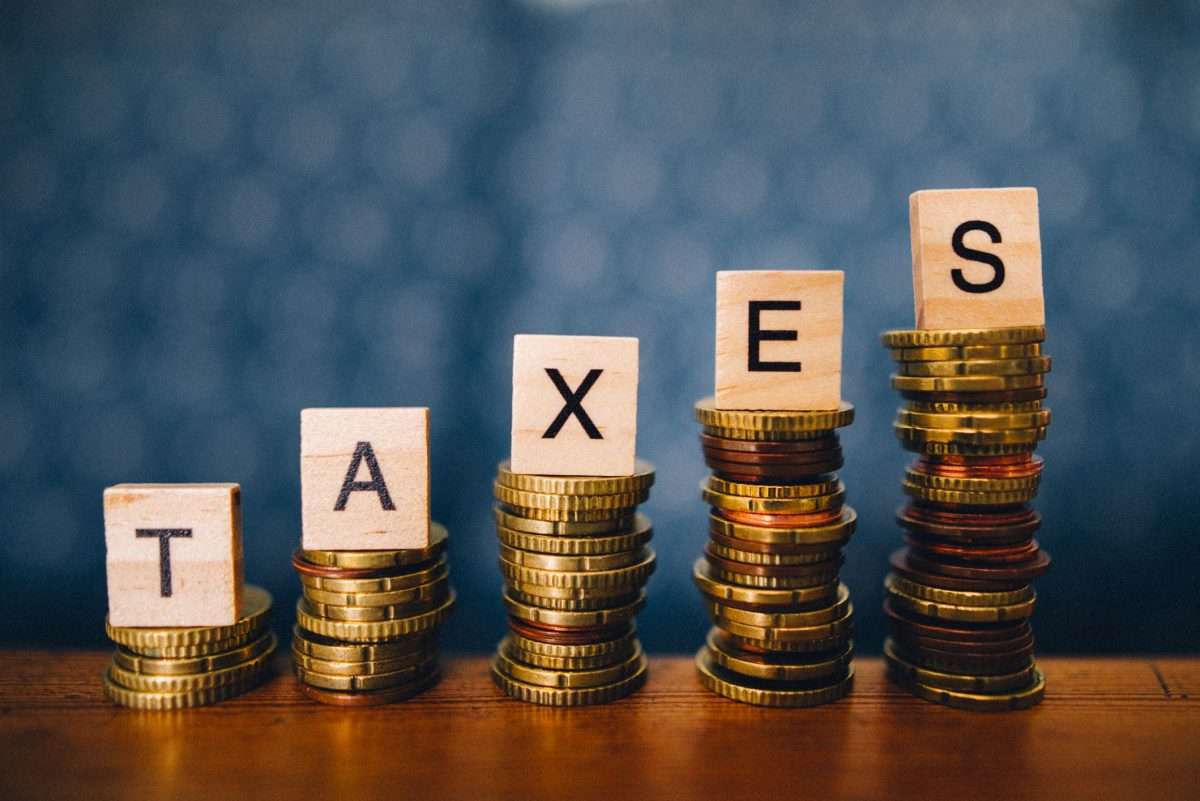TL;DR – At some point, yes, but really so soon?
PM Lee said in the PAP convention that as Singapore’s spending needs grow, it’s only a matter of time before we have to raise taxes. That sparked a lot of discussion about when the tax hike will come. Will it be next year? Will it be in the form of an increase of the GST rate?
People are understandably concerned. A hike in GST rate will lead to an increase in the cost of living. That would hit those with lower income especially hard. So we really hope that it’s not something that the government will take lightly. We hope that there are other ways to meet our expenditure.
And there might be.
Could we draw more from our investment returns instead?
Given our considerable reserves, do we really need to raise our taxes? The investments of our reserves generate huge returns. Currently, we only draw 50% of those returns. Here’s a useful link for you to learn more about reserves.
Could we draw more from the returns of the investments instead of raising taxes now?

The government would say that we should be careful about using a bigger part of our return from the investment of our reserves. They would say that we need to ensure fiscal sustainability. But some would say Singapore’s version of ensuring fiscal sustainability is quite conservative, even extreme.
Why do we need such an extreme form of fiscal sustainability? The government will tell us that it’s to prepare for that stormy day, or to defend against an attack on our currency. But how big of a storm are we really preparing for? How big an attack are we worried about?
We aren’t saying that we don’t need to continue growing our reserves. But do we really need to keep growing it at the same rate? Or can we afford to grow our reserves at a slower rate then in the past? After all, if we get our government policies right most of the time, be long-sighted in our planning, take risks and innovate, then would we really meet such a huge storm or face such a terrible attack on our currency that we need such huge reserves?
So if we slow down the rate of growth of our reserve, and use more of the returns from the investment of our reserve, then can we delay raising our taxes? That’s definitely something that we hope our government will consider. Because there are costs to maintaining fiscal sustainability.
There are costs to fiscal sustainability
And the costs are social ones. These include high income inequality even after tax and social transfers, high individual portion of healthcare costs, low retirement adequacy, high “public housing” prices.

The social costs could also include the low total fertility rate that Singapore faces. If the government doesn’t provide more help to parents for childcare and early childhood education, or provide greater income security through a higher cash component of the Workfare Income Supplement, or strengthen schemes for elderly like the Silver Support Scheme, then it’s no wonder that Singaporeans choose not to have children.
We hope that the government will bear these in mind when considering how to raise revenue to meet our rising expenditure. We hope the government will question assumptions, and think out of the box. Because our long term sustainability as a nation depends on them doing so. And our long term sustainability as a nation goes far beyond just fiscal sustainability.
